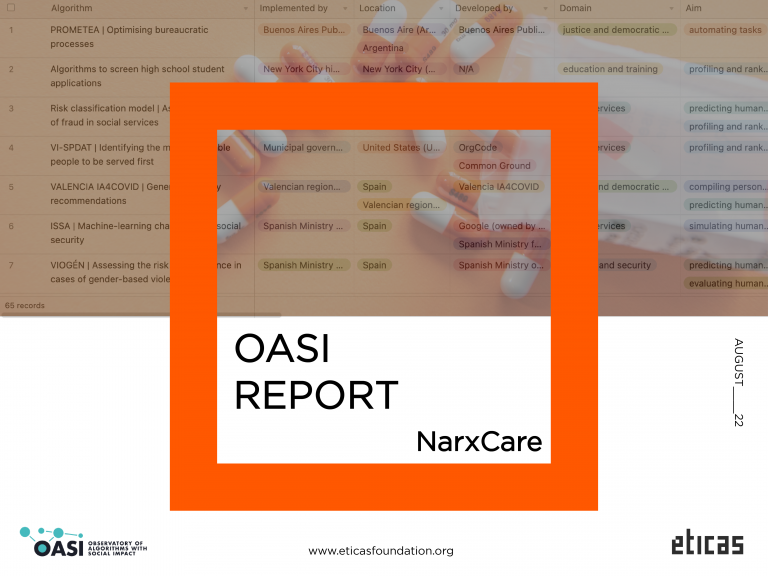
In 2014, a US regulator approved the use of ‘personalized pricing’, a technique where businesses set individualized prices for customers based on information that the firm has regarding the buyer (Mahdawi 2016). This is a well-known practice used by airlines when selling plane tickets online. For example, if you are shopping for flights on your computer and you have ‘cookies’ enabled (a packet of data that your computer browser saves and transmits every time you access certain Internet servers), you might notice that the longer you browse the more expensive the flights become (Mahdawi 2016). The airline companies are able to identify unique users based on their cookies, so they raise prices knowing when someone is particularly interested in a flight.
It’s difficult to determine how widespread personalized pricing is given companies keep their pricing strategies hidden from the public eye. That being said, the tool appears to be on its way to becoming an industry standard. A 2014 study Northeastern University found that “steering”, or differential pricing, takes place at 4 out of 10 general e-commerce sites and 5 out of 5 travel sites (‘Steering’ occurs when a firm directs you towards more expensive options if it thinks you are willing to pay for them.) The online travel firm Orbitz made news in 2012 when it became known that the company was pointing persons using Mac computers towards pricier hotel rooms than PC users (Mahdawi 2016). As more user data is tracked, collected, processed, bought, and sold online every month, firms will only know more about customers. Scholars still debate the ethics behind the practice, some arguing that it can help consumers receive specialized products. Others claim that “differential pricing seems most likely to be harmful when implemented through complex or opaque pricing schemes designed to screen out unsophisticated buyers” (Ramasastry 2015). A group of US lawmakers contends that the practice is exploitative and constitutes price discrimination. They especially worry that the practice could be used to discriminate along the lines of protected-class attributes like “race, creed, color, sex, religious or political affiliation, disability or national origin” (ibid).






